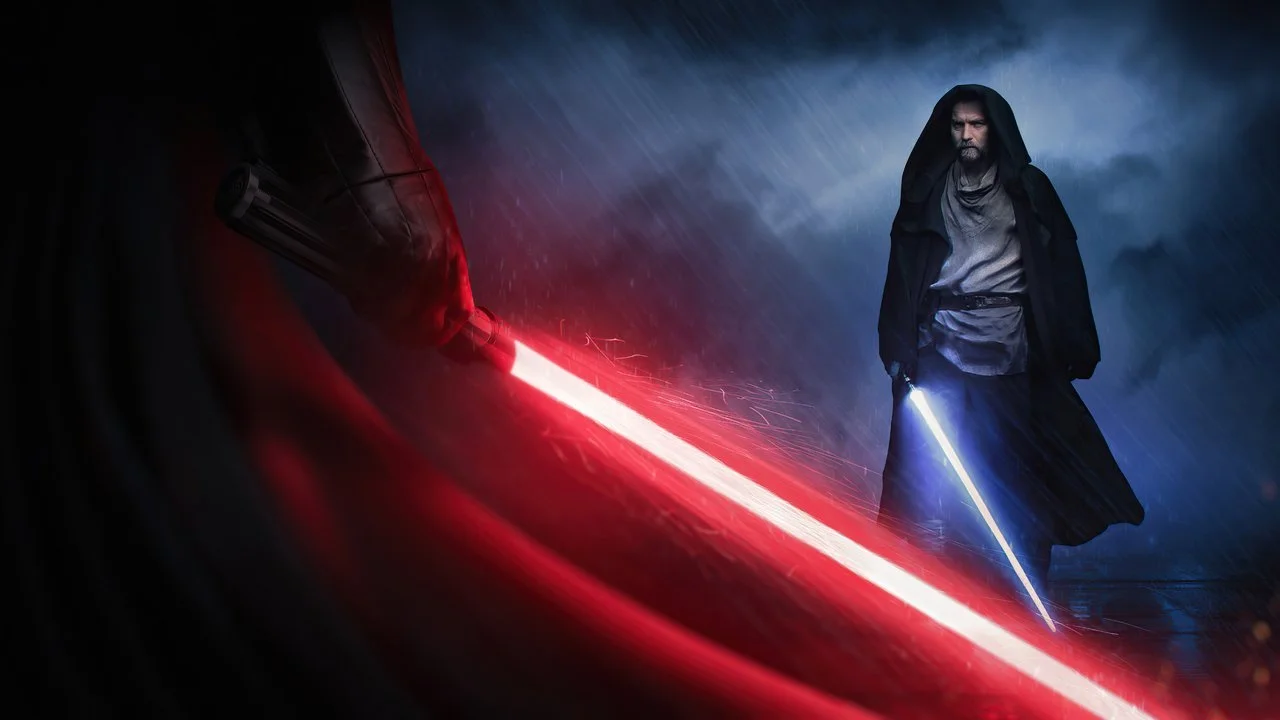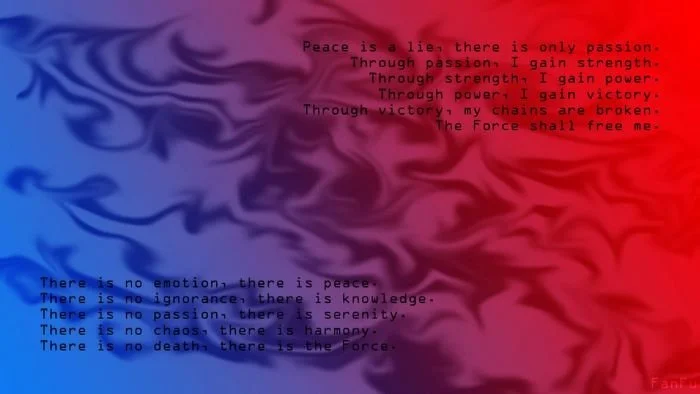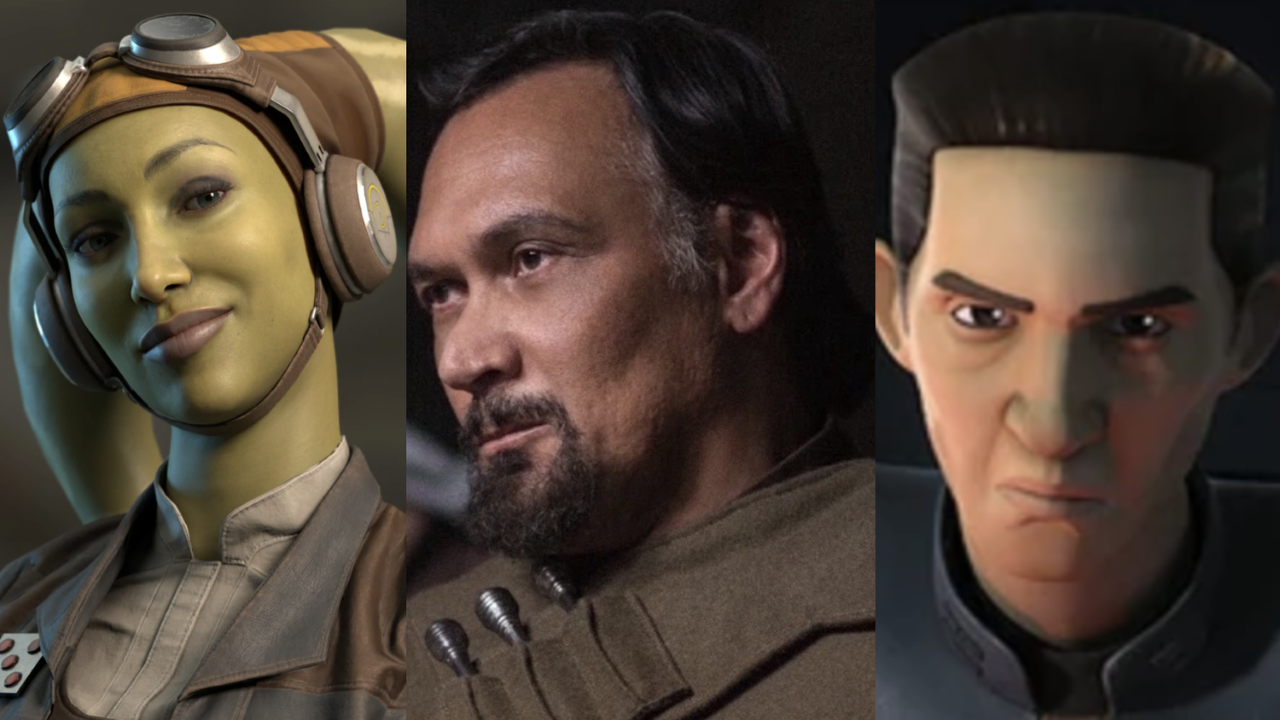7 Times Where The Jedi Acted More Like The Sith
In Star Wars, we all enjoy the spectacular space fighting, the colorful lightsaber duels, and the spectacular music that draws us into the story. Fans of Star Wars see the two main sets of heroes and villains in stark contrast with each other. However, the line between good and bad is not always so clear. Here are 7 times the Jedi acted more like the Sith than they should have.
1. Overthrowing The Government
As most who have watched the Star Wars movies are aware, a Sith lord sits as Chancellor of the Galactic Senate by the end of Revenge of the Sith. After Anakin Skywalker, a Jedi Knight on the Jedi Council, informed Master Mace Windu that their Chancellor was a Sith, Windu selected 3 other Jedi masters and attempted to forcibly arrest the Chancellor. While we know the truth of the matter, the people of the Galactic Republic simply see it as an attack on their elected government by the people sworn to protect them.
RELATED:
2. Indoctrination Of Children
Jedi start training at a young age, many of them so young they have no memories of their childhood. This allows the Jedi to shape their minds to fit the needs of the Order. One key detail is that the children must be Force-sensitive. In many cases, Jedi would use the Force to “win” children who were enslaved, some would buy children from parents, and few were willingly given to the Order. The training that these children had to endure would, in our society, most likely be ruled as child abuse. Between combat training, extensive education, and being forced to learn how to manipulate their emotional state, or not feel emotions at all, the training was brutal.
3. When They Committed Genocide
It is no secret that the Jedi and the Sith hate each other. During one of their many wars, the Sith were losing badly and had been on the retreat for some time. During the Sith retreat, the Jedi started slaughtering Sith men, women, and children, and then the Jedi set off a kyber crystal superweapon, akin to the Death Star, and instantly petrified the entire Sith planet of Malachor. This event would later be known as the “Sith Holocaust”.
4. When They Forbade Emotional Attachments
One of the key Jedi teachings is to let go of one’s emotions to become one with the Force. In order to enforce this upon their entire order, the Jedi forbade emotional attachments, especially love, claiming that they lead to the dark side. As we see countless times throughout the franchise, love and other emotions are embedded in many of the people of the galaxy - even the clone troopers used in the Clone Wars used their emotions to bring them together and give them strength! While the decision to forbid emotional attachments may not be too bad, how the Jedi handled those who did form emotional attachments could be considered cruel. Many of them were abandoned by the Jedi Order, left to die on whatever planet they were on when they were kicked out of the order. Others were killed, imprisoned, or otherwise disposed of.
5. Pong Krell’s Mistreatment Of The Clones
In The Clone Wars animated series, Jedi Master Pong Krell was a respected Jedi master. As Jedi Knights and masters were brought in to fight the Sith on the side of the Separatists, the Jedi were in charge of Clone troopers, typically holding the rank of General. Master Pong Krell had been assigned to lead a troop of clones in the assault on Umbara. It was made clear early on that he did not respect the clones, only seeing them as pawns to use and discard as desired. Even though he was eventually discovered to be a Sith, the whole story arc showed just how complacent other Jedi were when reports were made of abnormal behavior against one of their masters.
6. The Oppressive Jedi Code
Like many religions, the Jedi and Sith have a code that they live by. To us, their codes may seem harmless, but when you think about each line, it is easy they are both oppressive despite being opposites of each other. The Sith Code enforces the Sith ideology of strength through emotions while the Jedi Code teaches strength through accepting the will of the Force, and that anything outside of the will of the Force is unnecessary or non-existent. By indoctrinating the Jedi from childhood, they can easily be taught that the will of the Force is all that matters. On the other hand, an older person who has seen the reality of the galaxy would know the importance of other emotions like pain, anger, and love.
7. The Use Of Mind Control
With great Force powers come great Force responsibilities. Sometimes, Jedi just don’t use their powers responsibly. The Force lets the Jedi and Sith do many things from jumping really high to levitating objects to changing people’s minds. While you may think that mind control would be a Sith ability, the ones who use it the most often are Jedi. Early in The Phantom Menace, we see Jedi Master Qui-Gon Jinn attempt to use the Force to trick a sleezy-looking salesman into accepting Republic credits. While the trick did not work this time, we later learn that it only works on people with “simple minds.” While it is a non-violent method, taking away someone’s control of themselves is wrong and does not fit well with what we expect the Jedi to be.
READ NEXT:
Source(s): Screen Rant, Ranker




